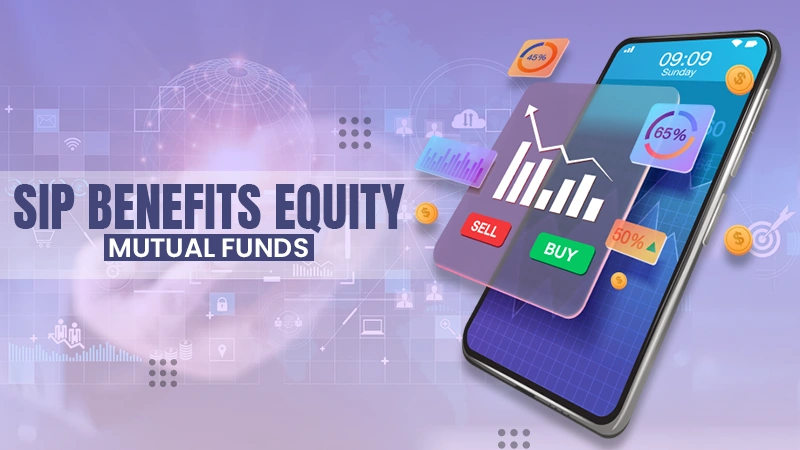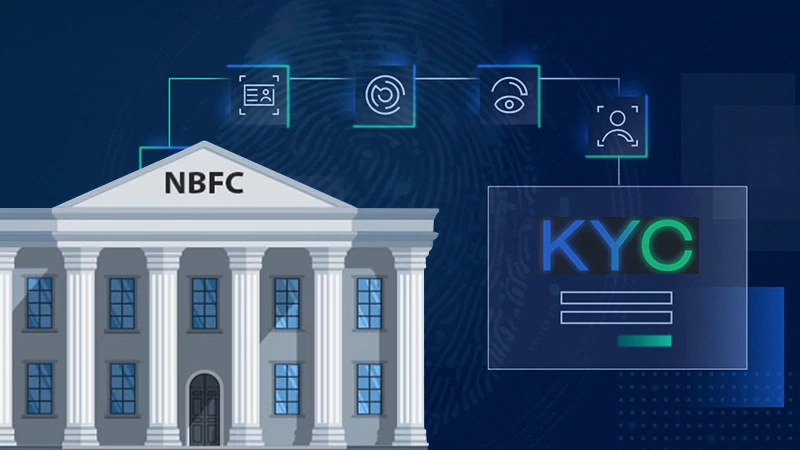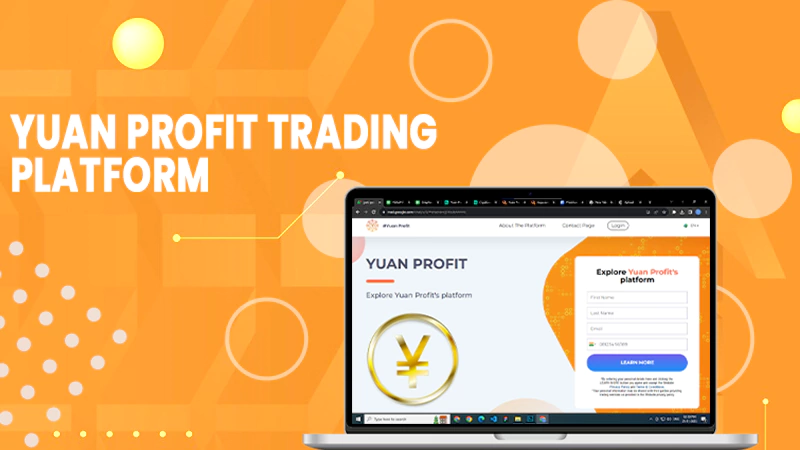What Are Your Best Debt Consolidation Options
Getting out of debt can be a challenging task, especially when you owe multiple creditors. Juggling various payments, accounts, and due dates can exhaust you both emotionally and financially. It is time to consider debt consolidation loans or a debt relief program for a cheaper loan repayment plan. You can consider various options of debt consolidation for solutions that guarantee the lowest monthly premiums at the lowest cost. The main ways to consolidate include balance transfer credit card for looking for a quick way out of debt or home equity for those having a good mortgage repayment history. You can also choose reliable debt consolidation options such as debt management plans and debt consolidation loans. Here we go!
Here are four of the best ways you can consolidate debt.
Balance Transfer Credit Card
Consolidating your credit card debt through credit card balance transfers can save you money on interests and reduce the principal amount within the zero-rate period. You can enjoy zero interest rates offered by balance transfer cards for the first 12 to 18 months. Now that you would not be accumulating interest within this period, you can repay high interest debt balance from other cards.
If you are interested in this option for debt consolidation, then find a zero percent or low interest card you can transfer your credit to progress in reducing the principal loan amount. Find a credit card with a higher limit to accommodate the balances you are transferring. While this remains a cheap option, ensure that the balance transfer’s annual percentage rate (APR) is low to save and repay your loan within the introductory period.
Home Equity
Like other debt consolidation options, home equity lets pay-off you high-interest debts through a cheaper and less stressful channel. However, your equity depends on the outstanding mortgage amount and the appraised value of your property. The amount of money you can borrow to consolidate your debt, thus, depends on your equity and credit score ratings. Homeowners with enough equity can access home equity loans and home equity line of credit (HELOC).
Debt consolidation becomes easier, mainly because you get a lump sum amount if you choose home equity loans and a credit line to borrow if you prefer HELCO to home equity. Home equity loans are often larger and with lower interest rates compared to personal or credit card loans. Be careful here though, you could lose your home if you default on the loan.
Debt Consolidation Loan
Debt consolidation loans can be a good option for those having a good credit record. This loan’s interest rates tend to hinge on your credit score. Debt consolidation becomes cheaper if you can get enough loan amount to cover your debts at low interest rates. People prefer debt consolidation loans because they can borrow even without assets such as homes or cars as collateral. However, to get a large debt consolidation loan, you must exhibit an excellent credit score. These loans are widely and readily available from peer-to-peer lenders, traditional banks, online banks and non-bank lenders.
Debt Management Plan
A debt management plan becomes your best option for debt consolidation, mainly when you may be declared bankrupt. This option does not require you to apply for credit card transfers or even take loans. Instead, you work with find nonprofit credit counseling agency that can negotiate with creditors and prepare a payment plan on your behalf. The nonprofit credit-counseling agency receives your single monthly payment and then pays off your creditor. However, you receive a billing statement to track repayment progress.
The Bottom Line
Debt consolidation can be a cheaper and easier way to pay your debts; however, you must find the best option that works for you. Research through options such as balance transfer credit cards to find zero interest cards to avoid accruing interest or a home equity consolidation tool that can qualify you for equity loans or HELOC credit. You may also best align with a debt management plan or a debt consolidation loan that suits your timeline and financial goal. You can always learn more about debt consolidation as you find the best plan to borrow money to consolidate your debts.
Follow Us
Latest Post
















